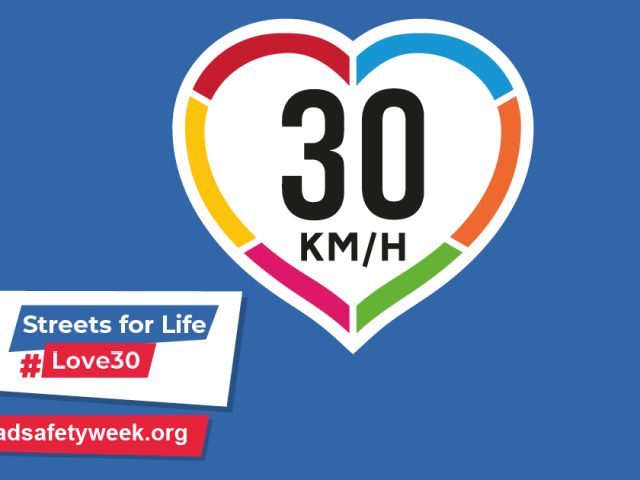Drink-Driving in Belgium
Figures
According to police data, 39 deaths were officially recorded as alcohol related in 2019, accounting for 6% of all road deaths; a slight increase compared to data from 2018 where alcohol-related deaths represented 4.8% of all deaths in Belgium.
However, the numbers are likely to be higher due to underreporting as Belgium does not systematically test alcohol levels for killed and seriously injured people involved in road crashes.
National policies
The following measures have been introduced in Belgium in the last decade to target drink-driving:
-
- 2010 Introduction of Alcohol Interlock programmes for drink driving offenders (although they became operative only from 2013)
- 2015 adoption of a lower BAC of 0.2g/l for professional drivers
- 2018 change in legislation on Alcohol Interlock programmes: judges have to impose Alcohol Interlocks for specific categories of offenders
BAC limit and sanctions
The BAC limit in Belgium is:
0.5 g/l (standard)
0.2 g/l (for professional drivers)
The table below summarises the sanctions and penalties set out in Belgian road traffic law, according to BAC level:
| BAC (g/l) | Fine to pay on the spot | Driving ban |
|---|---|---|
| Between 0.2 and 0.5 | 104€ | 2 hours |
| Between 0.5 and 0.8 | 179€ | 3 hours |
| Between 0.8 and 1.0 | 420€ * | 6 hours |
| Between 1.0 and 1.2 | 578€ * | 6 hours |
| Between 1.2 and 1.5 | 1260€ * | 6 hours |
| >1.5 | 1260€ * | At least 15 days. Licence withdrawn on the spot. |
*Only drink-driving offenders living outside Belgium have to pay these fines on the spot.
Enforcement
Alcohol tests are rarely done for killed and seriously injured people. Even slightly injured and unhurt people are not systematically tested for alcohol. Moreover, the police database only contains breath test results, results of blood tests are unknown in the Police database.
Recent data from the federal police show that there were 51,723 alcohol infractions in 2019 compared to 48,724 the year before. During the last BOB winter campaign 2019/2020 more than 550,000 drivers took a breathalyser test with 1.8% of drivers testing positive.
Rehabilitation and Alcohol Interlock programmes
Legislation on the use of Alcohol Interlocks as part of a rehabilitation programme came into force on 1 October 2010, however this penalty was only an optional choice for judges until July 2018 where it became mandatory for the following categories of offenders:
-
-
- Repeat offenders with a BAC equal to or above 1.2 g/l: judges must impose an alcohol interlock;
- First offenders with a BAC equal to or above 1.8 g/l: judges must impose an alcohol interlock, unless clear justification;
- First offenders with a BAC equal to or above 0.8 g/l or repeat offenders with a BAC above 1.2 g/l: judges may apply an alcohol interlock (although this remains quite rare).
-
The duration of the Belgian Alcohol Interlock programme for any individual driver can be set from one to three years. Alcohol-dependent people (with a driving ban for medical or psychological reasons) are excluded from the Belgian Alcohol Interlock programme.
Campaigns
The ‘BOB’ campaign is an annual campaign that began in Belgium in 1995, developed by the former Belgian Road Safety Institute (now Vias institute) in conjunction with the Belgian Brewers organisation. In its original meaning ‘BOB’ stood for ‘the person who doesn’t drink if he/she is driving’. He or she represents the designated driver who stays sober so that he/she can take the other passengers travelling in the vehicle home safely.

One of the latest campaigns from the Wallonia agency for Road Safety (AWSR) on drink-driving was launched in June 2020, supporting the choice of non-alcoholic drinks for road users as the safer way to get behind the wheel.
To read the full country focus click here.








